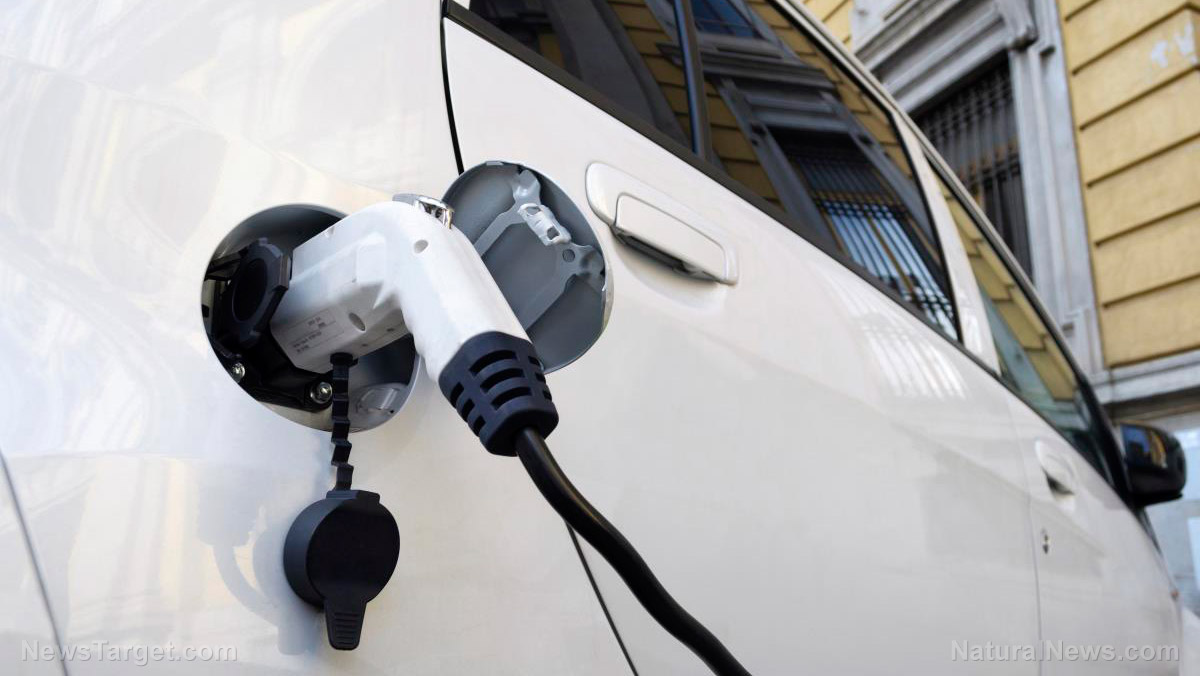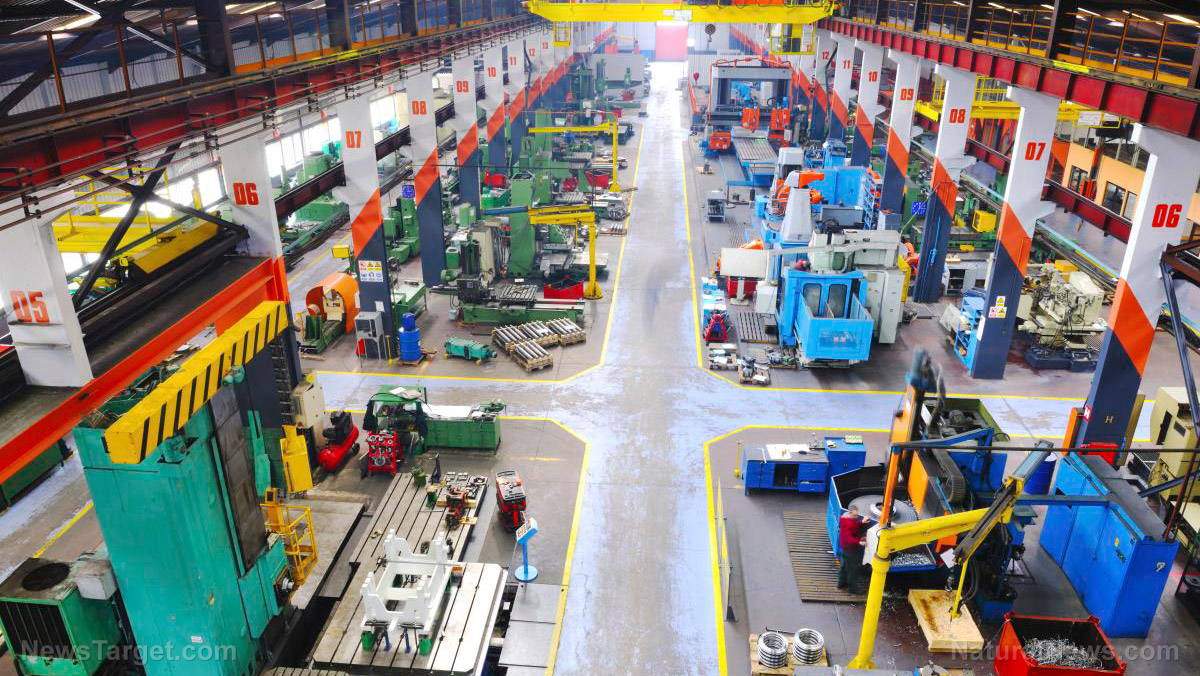
The one principle of capitalism that drives innovation and, ultimately, profits, is "supply and demand."
When there is a demand for a product or service, then those who can sufficiently supply that demand will do well. Those who cannot, won't.
And that principle alone is why the electric vehicle (EV) industry is already imploding.
The Biden regime and its left-wing lunatic 'green energy' base have forced EVs on the American people. There was no widespread demand for EVs in years past and there isn't any real demand for them now. There is little charging infrastructure to support the vehicles, and Americans who have bought one are finding out that they were lied to regarding the advertised 'ranges' for said vehicles, and the vast majority of them are prohibitively expensive.
As such, The Wall Street Journal reports, most EV makers are already cutting production goals as demand refuses to pick up and supply chain issues prevent wider manufacturing:
Electric-vehicle maker Lucid Group Inc. said it expected to make half as many cars as previously forecast this year, citing supply-chain and logistical challenges that have troubled the wider auto industry as well as the company’s own problems.
The California-based company on Wednesday slashed its 2022 production target for the second time this year. Lucid now projects making between 6,000 and 7,000 vehicles. It first lowered a previous estimate of 20,000 vehicles to between 12,000 and 14,000 in February.
“This quarter has proven to be a very challenging period, and whilst we have experienced supply chain and logistics challenges along with the entire industry, the limitations of our logistics systems have compounded the challenge,” Chief Executive Peter Rawlinson said, according to the paper.
Rawlinson went on to say that supply-chain problems and infrastructure upgrades were primarily responsible for a two-and-a-half-week stretch recently in which the company did not produce a single EV at its factory in Arizona. He added that the company has uncovered supply bottlenecks and is currently working to solve them.
The paper went on to say that several legacy carmakers like Toyota, Ford and Volkswagon AG are set to bring new models to market in coming months and that, supposedly, "a quickly growing pool of consumers want to buy them," according to the manufacturers themselves.
However, the trick will be turning a profit: "Costs are rising for key components of EVs, including steel for vehicle bodies and lithium for batteries. And the global semiconductor shortage has resulted in factories running at less than full capacity while they await deliveries of computer chips."
What's more, companies are already factoring in huge price increases for their vehicles. In May, Lucid said that it planned to raise the price of its only vehicle, the Air sedan, to a whopping $87,000, because of the rising costs of raw materials.
Meanwhile, Ford "on Tuesday announced a significant price increase to its new line of electric F150s, citing what it said were major increases in material costs amid ongoing significant supply chain issues," Just the News reported.
In a product notice the legacy automaker said that it was "adjusting the [manufacturer's suggested retail price] on the F-150 Lightning for the first time since it was revealed in May 2021."
"Due to significant material cost increases and other factors, Ford has adjusted MSRP starting with the opening of the next wave of F-150 Lightning orders," the company said.
According to the report, the high-end for these jewels will now be close to $100,000 or more.
"Those increases range from $6,000 at the low end of the line of electric vehicles to $8,500 at the higher end, with the top model of Lightnings now retailing for nearly $100,000," Just the News added.
With prices of between $55,000 and $100,000 for EVs, it's no wonder there is no real demand for them, given that the average American household in 2020 -- the latest year data is available -- was $67,521, down from $68,703 in 2019.
There is no 'EV market' to speak of, and there isn't going to be anytime soon.
Sources include:
Please contact us for more information.



















